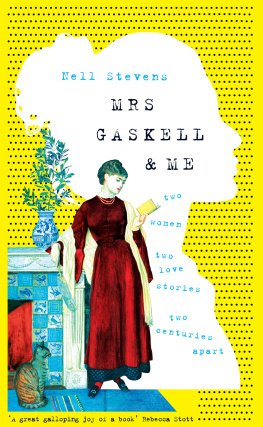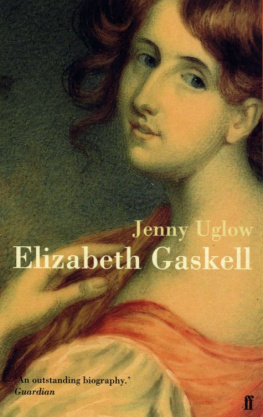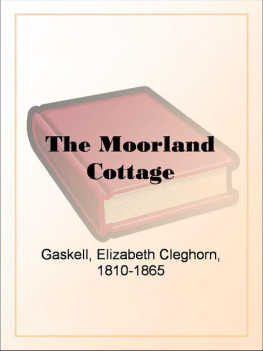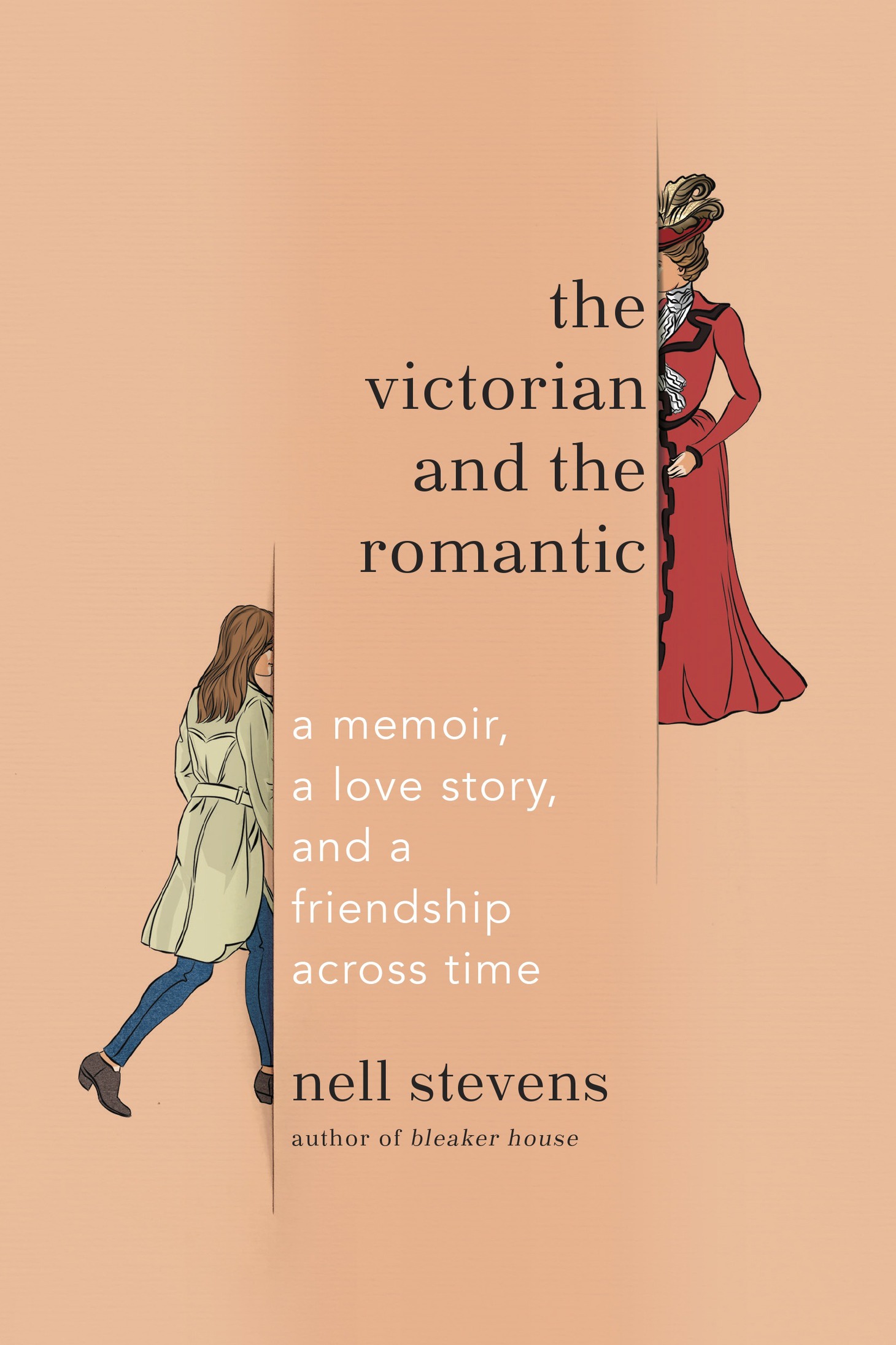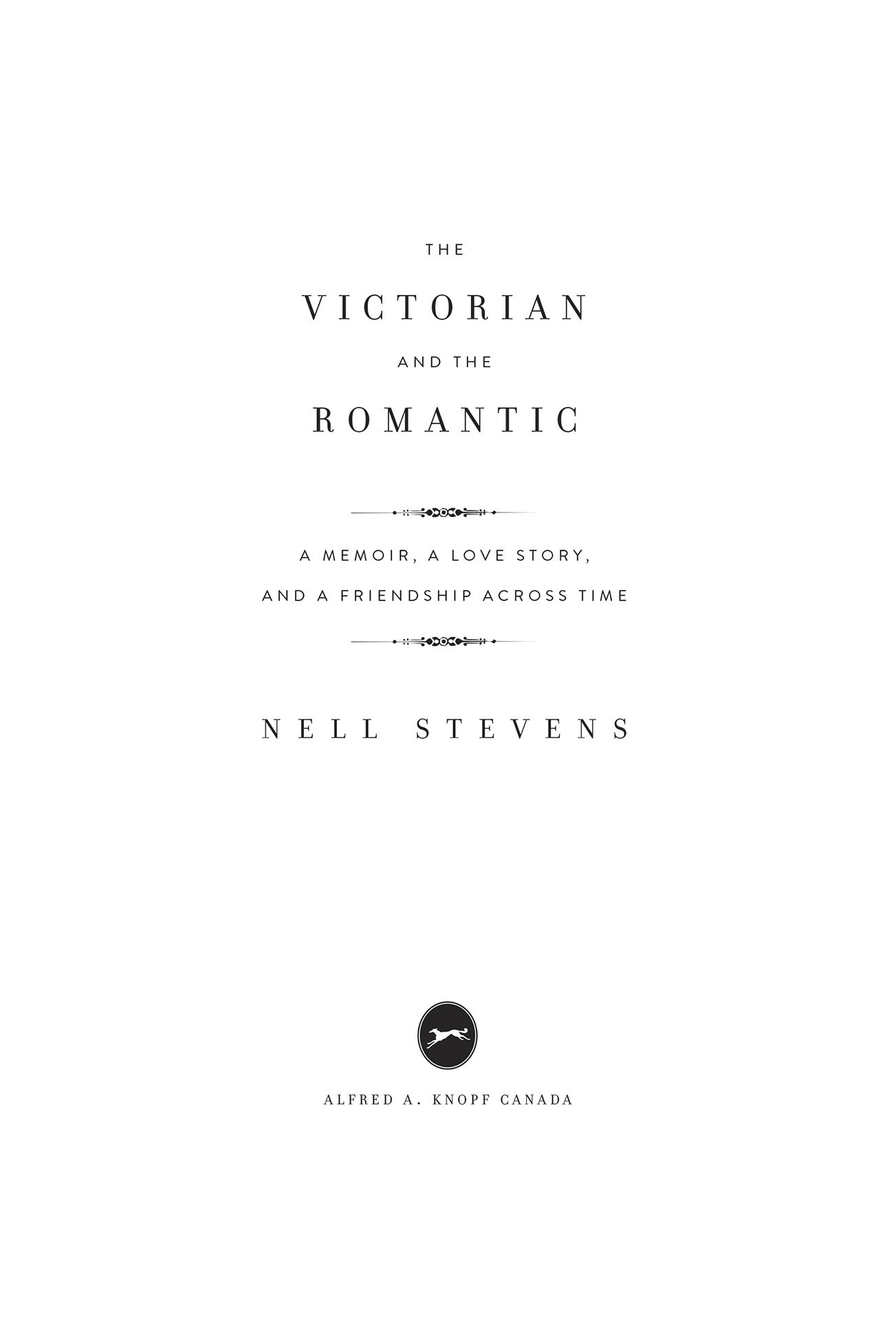Praise for BLEAKER HOUSE
As funny as it is poignant. Lena Dunham
A mesmerizing literary levitation act.... Bleaker House swirls text, subtext, and context into a single narrative. Vogue
A literary feast.... An inventive memoir about a young writers struggle to find her literary footing. NPR
A meditative, engagingly comic reflection.... Stevens discovers not just the pains and pleasures of the artistic process, but the power of leaving ones life behind for the sake of self-discovery. Harpers Bazaar
A book thats simultaneously smart, lively and even, at points, unhinged.... Stevens charts a path of personal and professional exploration tinged with both sadness and humor. Jezebel
An honest portrait of writerly neurosis. San Francisco Chronicle
One of the most original, entertaining, and thought-provoking books I have ever read about the difficulty of writing a book. Rebecca Mead, The New Yorker
Fresh and spirited.... A delightful literary debut. Kirkus Reviews
Quirky and engaging.... A captivating portrait of the creative life. BookPage
A romp of a book, a genre-defying feat of the imagination, and a pure pleasure to read. Alison Pick, author of Far to Go and Between Gods
Stevens writes with considerable charm and winning honesty. The Guardian
PUBLISHED BY ALFRED A. KNOPF CANADA
Copyright 2018 by Nell Stevens
All rights reserved under International and Pan-American Copyright Conventions. No part of this book may be reproduced in any form or by any electronic or mechanical means, including information storage and retrieval systems, without permission in writing from the publisher, except by a reviewer, who may quote brief passages in a review. Published in 2018 by Alfred A. Knopf Canada, a division of Penguin Random House Canada Limited, Toronto, and simultaneously in the United States by Doubleday, a division of Penguin Random House LLC, New York. Distributed in Canada by Penguin Random House Canada Limited, Toronto.
www.penguinrandomhouse.ca
Knopf Canada and colophon are registered trademarks.
constitutes an extension of this copyright page.
Library and Archives Canada Cataloguing in Publication
Stevens, Nell, author
The Victorian and the romantic : a memoir, a love story, and a
friendship across time / Nell Stevens.
Issued in print and electronic formats.
ISBN 978-0-7352-7419-8
eBook ISBN 978-0-7352-7421-1
1. Stevens, Nell. 2. Gaskell, Elizabeth Cleghorn, 18101865.
3. Authors, English21st centuryBiography. 4. Novelists, English
19th centuryBiography. 5. FictionAuthorship. I. Title.
PR6119.T494Z46 2018 823.92 C2018-900111-9
C2018-900112-7
Cover adapted from an original design by Emily Mahon
Jacket illustrations of women by Bradley Clark

v5.3.1
ep
Contents
For Amanda, Grace and Claudia
Of writing many books there is no end;
And I who have written much in prose and verse
For others uses, will write now for mine,
Will write my story for my better self,
As when you paint your portrait for a friend,
Who keeps it in a drawer and looks at it
Long after he has ceased to love you, just
To hold together what he was and is.
ELIZABETH BARRETT BROWNING
DISCLAIMER
Do you mind the law of libel? Mrs. Gaskell wrote to her publisher, when she was working on her biography of Charlotte Bront in 1856. I have three people I want to libel.
I have no people I want to libel. I have changed names, scenes, details, motivations and personalities. Every word has been filtered through the distortions of my memory, bias and efforts to tell a story. This is as true of the historical material as it is of the sections about my own life: studies, letters and texts excerpted here are not always faithfully quoted. This is a work of imagination.
Two separate parties threatened legal action against Mrs. Gaskell when The Life of Charlotte Bront came out in 1857. I want to be like her in many ways, but not that one.
1855
WHAT YOU HAD
1. A husband
When you wanted to talk about your husband, you talked about sermons. Sermons, you said, bored you. You sometimes called yourself a sermon-hater. In the front row of the Cross Street Chapel, youd fidget, your mind would wander, as your husband, the minister, preached. You mused about the people in the pews around youabout their lives and secrets, the things that they were thinking about instead of listening to your husbandand when you came back to yourself you found you had missed almost nothing, he was still speaking, the congregation was still waiting in silence, coughing and sighing, crossing and uncrossing their legs.
Sermons, of course, were meant for good; were meant to help you, support you, reform you. And yet, all the same, they were dull, dull, dull, and what you really wanted was to feel something, do something: to be moved, to move, to love.
Your husband: the minister, Mr. Gaskell. Sequestered in his study in the middle of your house, in the middle of newly industrial Manchester, square in the middle of the nineteenth century, he was good to the core. He cautioned you when you were reckless or impulsive. He corrected the grammar of your letters before you sent them. He helped you, supported you, reformed you.
And you, Mrs. Gaskell, waited outside his study door; you raised a hand to knock, to see if today he would come to the parlour and sit with you and the girls. You wondered whether today, perhaps, you might find in your husband a conversation rather than a sermon. A faint tap, quiet enough that he could pretend, if he wanted, not to hear. You pressed your ear to the wood and listened until it was clear there would be no reply, and then you stood there far longer than you needed to, resting your cheek against the cool surface.
You were always lucky, Mrs. Gaskell; you were always grateful for what you had, and yet, all the same, you were restless.
2. A career
Sometimes days on end went by in a blur of what you called Home Lifemeals and clothes and correspondence, hosting and visitingand by the end of it you were tired and grumpy, but not tired in the way you wanted to be. You lay awake, exhausted, your mind alert. Beside you your sleeping husband was eerily still. His body, his very breathing, was moderate, controlled. You imagined moving away, back to the village where you lived as a child, or even somewhere entirely foreign, where nobody knew you, and you could say you were unmarried and had no responsibilities.
You told stories all the time, to friends, to yourself; you exaggerated in letters, made up white lies that entertained you and seemed to entertain others too; you gossiped unapologetically. None of this was enough. There were stories left over. Lying awake in the night beside the motionless Mr. Gaskell, they overwhelmed you, and yet, you craved them.


